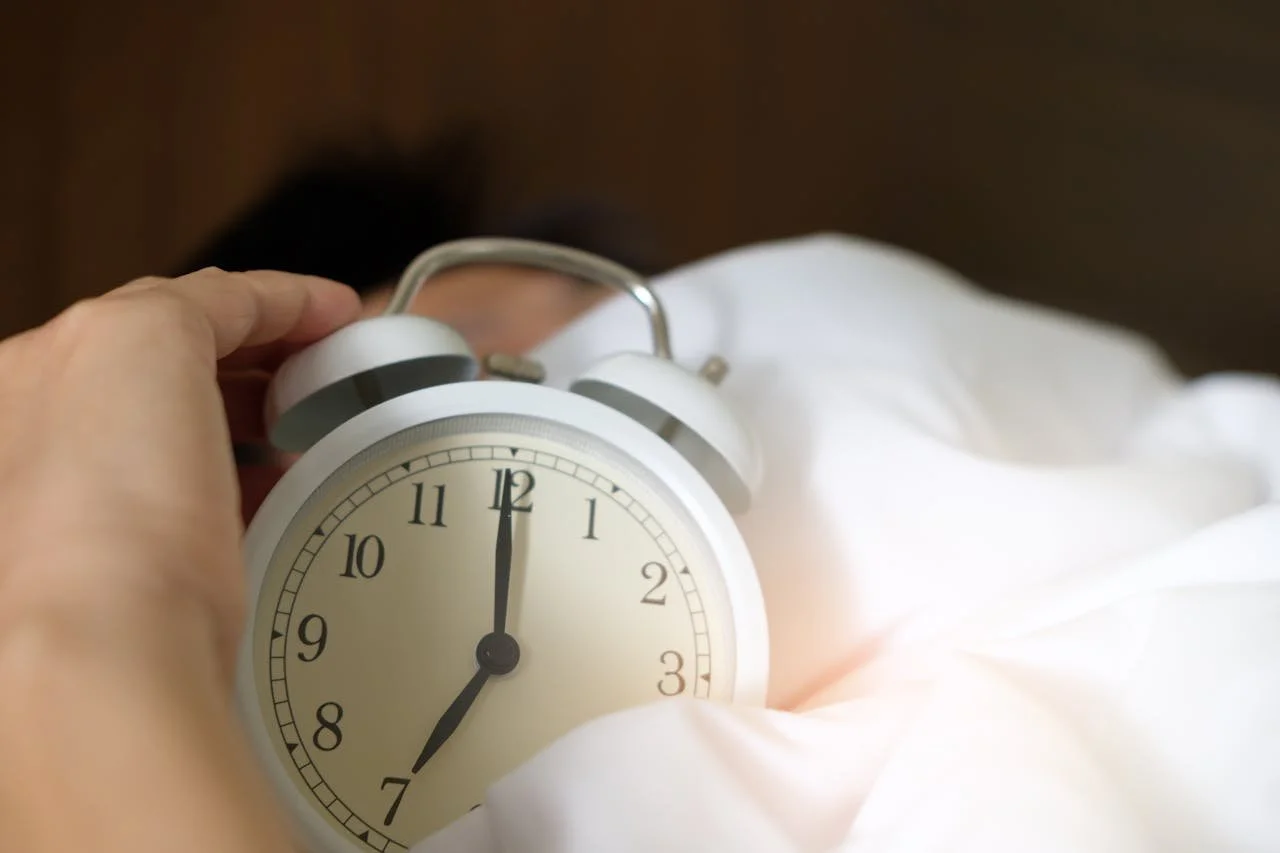What Causes Insomnia?
You're not alone if you find yourself tossing and turning night after night. Insomnia affects millions of people, robbing them of much-needed rest and leaving them exhausted during the day. But what exactly causes this frustrating sleep disorder?
The roots of insomnia can be complex, stemming from a variety of physical, psychological, and environmental factors. Understanding these underlying causes is the first step toward finding relief and reclaiming restful nights. Insomnia can be triggered by various factors, often intertwining to disrupt your sleep patterns. Stress and anxiety are primary culprits, causing racing thoughts that keep you awake. Medical conditions like chronic pain, sleep apnea, or restless leg syndrome can also interfere with restful sleep.
Lifestyle Factors That Contribute to Insomnia
Your daily habits play a crucial role. Irregular sleep schedules, excessive caffeine or alcohol consumption, and late-night screen time can all contribute to sleeplessness. Even your bedroom environment matters — noise, light, and temperature can impact sleep quality.
Worrying about work, finances, or relationships can significantly impact your ability to relax and fall asleep. These mental stressors often lead to racing thoughts and heightened anxiety, making it challenging to quiet your mind at bedtime. Going to bed and waking up at different times each day can disrupt your body's natural sleep-wake cycle or circadian rhythm. This inconsistency confuses your internal clock, making it harder to fall asleep and wake up naturally.
Consuming caffeine, nicotine, or alcohol too close to bedtime can interfere with sleep quality. Additionally, exposure to blue light from electronic devices before bed can suppress melatonin production, the hormone responsible for regulating sleep. For better sleep hygiene, try to limit screen time and stimulant intake in the hours leading up to bedtime.
Medical Conditions That Cause Insomnia
Persistent discomfort can make it challenging to fall asleep or stay asleep throughout the night. Conditions like arthritis, fibromyalgia, or lower back pain often lead to sleep disturbances, creating a vicious cycle of pain and sleeplessness. Depression, anxiety, and bipolar disorder can significantly impact your sleep-wake cycle. These conditions may cause racing thoughts, heightened alertness, or irregular sleep schedules, making it difficult to achieve restful sleep.
Parkinson's disease and Alzheimer's disease can affect sleep quality and duration. These conditions may disrupt the body's natural circadian rhythm, leading to insomnia or excessive daytime sleepiness. Hormonal changes due to pregnancy, menopause, or thyroid problems can wreak havoc on your sleep patterns. These shifts can cause night sweats, hot flashes, or mood changes that interfere with your ability to fall asleep or stay asleep through the night.
Other Factors
Jet lag can wreak havoc on your sleep patterns, making sleep difficult. When you travel across time zones, your body's internal clock, or circadian rhythm, becomes misaligned with the local time at your destination. This mismatch can leave you feeling groggy, irritable, and struggling with insomnia.
The severity of jet lag often depends on the number of time zones traversed and the direction of travel. Crossing time zones to the east typically presents a more significant challenge for the body to adapt compared to traveling westward. To minimize the impact of jet lag on your sleep, try gradually adjusting your sleep schedule before your trip, staying hydrated during travel, and exposing yourself to natural light at your destination to help reset your internal clock.
Insomnia can stem from a variety of physical, psychological, and environmental factors. By identifying potential causes in your life, you can address them and improve your sleep quality. Occasional sleepless nights are normal, but persistent insomnia warrants attention. Consult your healthcare provider if sleep difficulties persist, as they can recommend appropriate treatments or lifestyle changes. Anxiety therapy can help, too. Book a consultation with us today to learn how we can help you.

